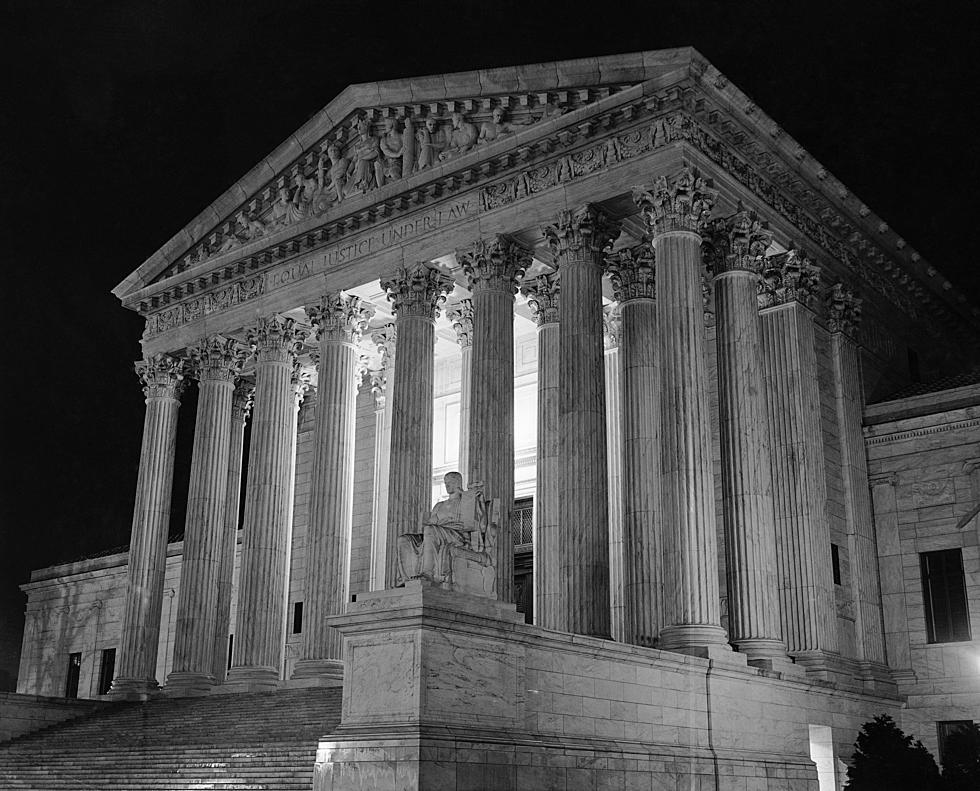
Standard Oil of NJ lost huge Supreme Court case this day in 1911
On May 15th, 1911, the US Supreme Court ruled in one of the biggest anti-trust cases, determining that Standard Oil of New Jersey had engaged in “anticompetitive actions” and effectively monopolized the petroleum industry in the US, according to the book, This Day in New Jersey History. The SCOTUS found that Standard Oil of New Jersey was guilty of “entering into contracts in restraint of trade” in violation of the Sherman Anti-Trust Act.
Over a period of years, Standard Oil had bought up most of the refining capacity in the country and had extended its reach into the production, marketing, and distribution of petroleum products. At one point, Standard Oil controlled 90% of the petroleum production in the US, according to Britannica.com. The company (which was actually a trust) set up horizontal integration to streamline logistics, lower costs, and undercut the competition. It was also accused of threatening suppliers and competitors.
The Supreme Court ordered that Standard Oil of New Jersey be broken up into the 34 constituent companies of the trust, one of which retained the Standard Oil of New Jersey name until 1966 when it changed its name to Exxon. Eight of the new companies retained the Standard Oil name. Some of the other “Standard Oils” that became independent companies later either acquired other companies or were acquired by competitors. Some of these new companies became brands like Amoco, Chevron, Mobil, Atlantic Richfield, Conoco, Pennzoil, Marathon, and British Petroleum. The Supreme Court opinion is considered a landmark in monopoly/antitrust law.
More From New Jersey 101.5 FM









